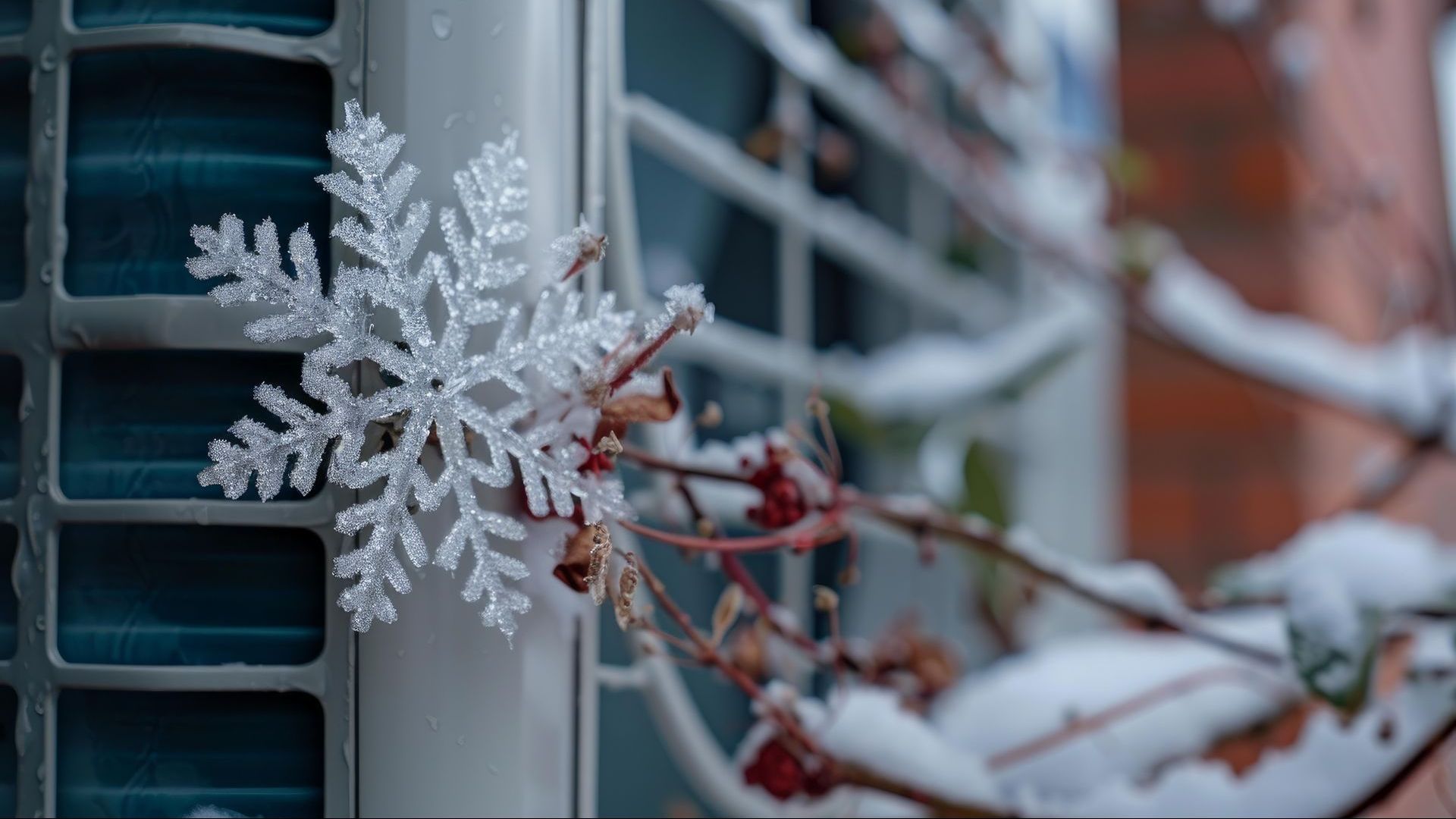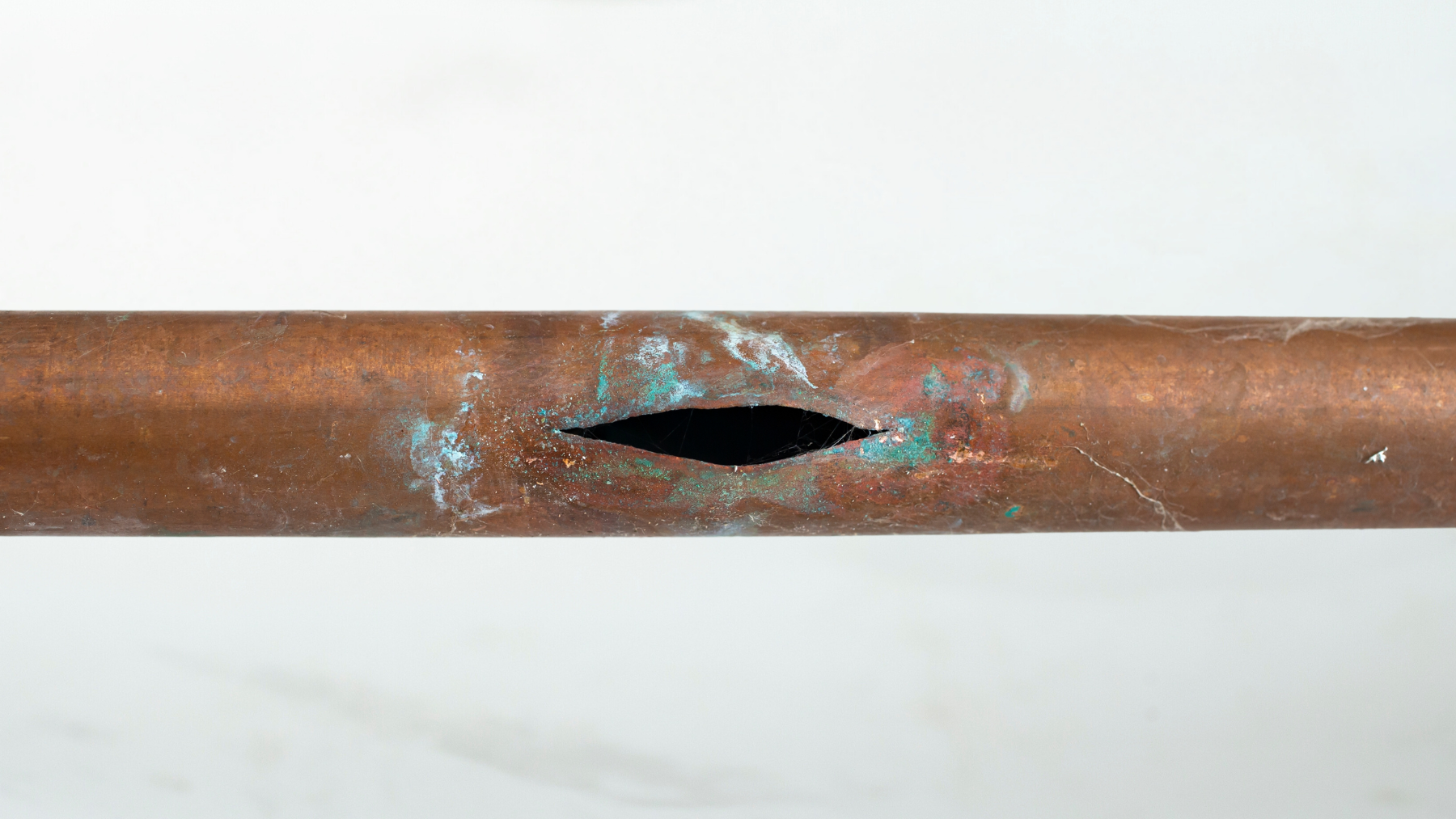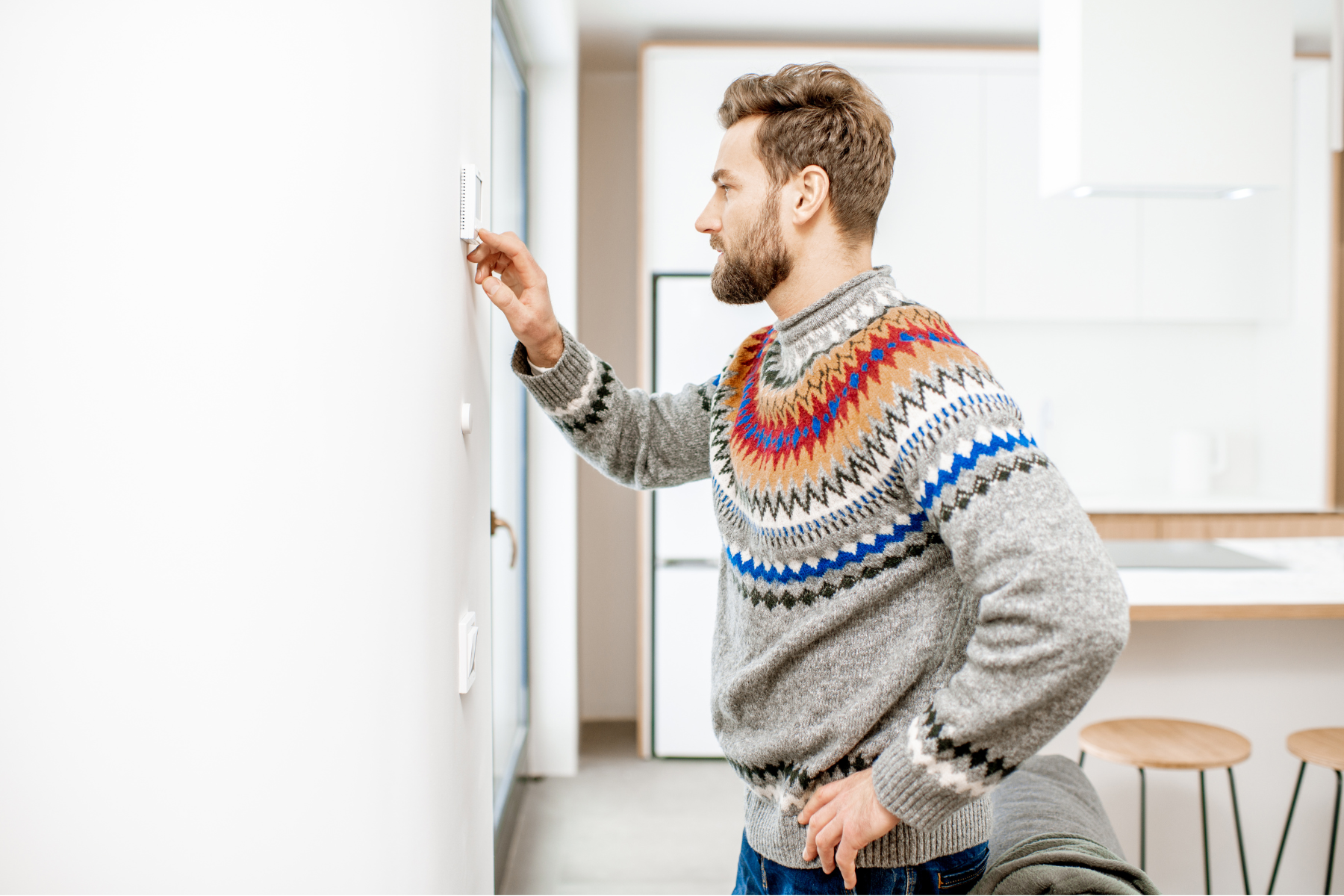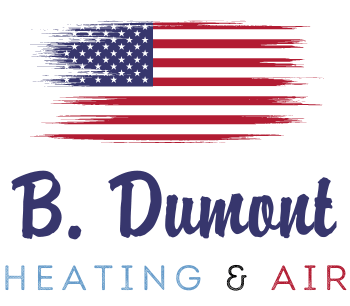Is Closing Vents the Key to Saving Energy This Winter?
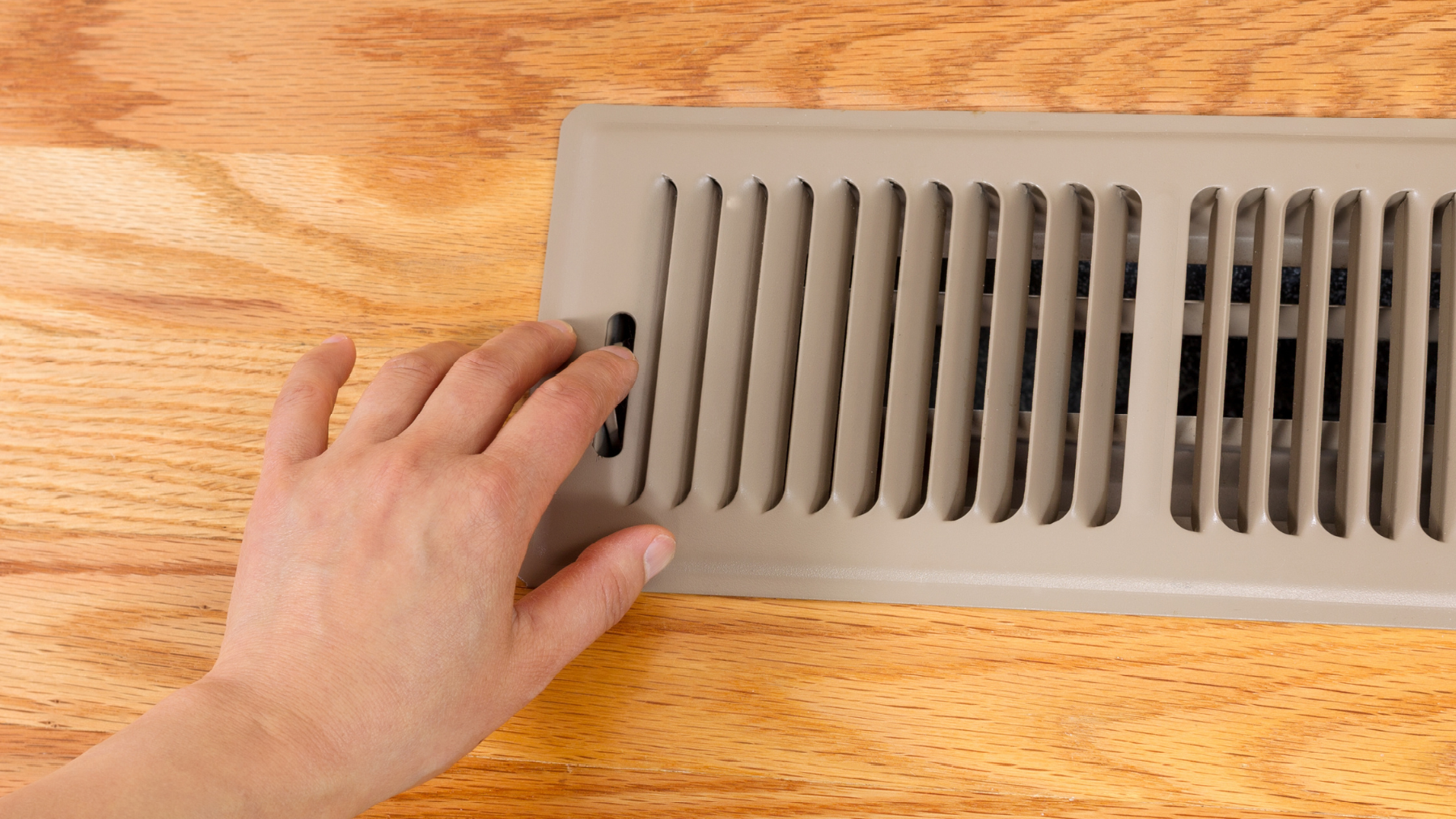
During these cold winter months, home and business owners alike are trying to save energy wherever they can when it comees to their HVAC units. We understand, heating an entire building can use a lot of energy, and closing vents to try and reduce energy consumption might cross your mind. Is closing vents the right action to take though? Will it help, or could it cause damage?
Why Closing Vents Might Not Be the Best Option
Many customers consider closing vents in unused rooms or areas of their homes and businesses to save money on heating bills. While this might seem like a good idea on the surface, it could actually lead to more problems down the road, especially in areas like Arkansas, where winter weather can be unpredictable and HVAC systems are put to the test.
- Increased Pressure on the HVAC System: Today’s HVAC systems are made to work in a specific flow. Closing vents can disrupt the flow of air in the ducts causing pressure to build up. This can cause your ducted heat pump or furnace to work poorly and could damage your ductwork. If closing vents becomes a habit, it could cause expensive repairs overtime or even a full system replacement.
- Inefficiency and Overworking Your Unit: Your HVAC system relies on consistent airflow to help heat your home or business evenly and efficiently. When vents are closed off, the unit has to work harder to push air through the other vents that have been left open. The added strain to your central air system can increase the amount of energy being used rather than reducing it. This means while you might be trying to lower the energy consumption and cost of running your hvac heating system, you would indeed be doing the opposite.
- Potential Damage to the Ductwork: Remember how we talked about the increased pressure closing vents can cause? Sometimes that pressure can really damage the ductwork of your business or home HVAC. Overtime pressure can build up and push through existing air leaks or crack causing them to become much bigger and much more of a problem. As the air escapes, the unit has to work harder to keep up causing more wear and tear on the system as well as more energy used to make up for all the heat escaping the duct work.
So, What Should You Do to Save Energy?
You shouldn’t close your vents to save energy, but there are still other ways to accomplish this while still kepping your home or business warm this winter.
- Regular Maintenance: One of the best ways you can keep your HVAC system running smoothly is to prioritize regular HVAC maintenance. A certified HVAC technician, like the team at B. Dumont Heating and Air, can inspect and clean your system, check for leaks, and ensure that everything is operating at peak performance.
- Programmable Thermostat: Installing a programmable thermostat is one of the easiest ways to control your heating costs. With this device, you can set your home or business to automatically adjust the temperature based on your schedule. For example, you can program the temperature to drop when no one is around, and then warm back up just before you arrive home. This eliminates the need for constant manual adjustments and ensures you're not wasting energy heating an empty space.
- Seal Air Leaks: Drafty windows and doors are a major culprit in energy loss. Sealing these gaps with weatherstripping or caulking can help keep your home warm without overworking your HVAC system.
- Use Ceiling Fans: While it may sound counterintuitive, ceiling fans can help distribute heat more evenly throughout a room. Many fans have a reverse setting, which circulates warm air from the ceiling down to the floor. This can help maintain a more comfortable temperature in your home, reducing the workload on your HVAC system.
- Zone Heating: If your home or business is large, consider implementing zone heating solutions. This involves installing separate thermostats for different areas of your building, allowing you to control the temperature in each room individually. This way, you can avoid heating rooms that aren't in use and only focus on the areas that need warmth.
While it might be tempting to close vents to save on heating costs during the cold winter months, it's not always the best solution. In fact, doing so could lead to more problems and increased energy consumption. Instead, focus on regular HVAC maintenance, energy-efficient upgrades like programmable thermostats, and proper insulation to keep your space comfortable without overburdening your system.
If you're unsure how to optimize your HVAC system for energy efficiency, contact B. Dumont Heating and Air today. Our team of experienced technicians is here to help you find the best solutions for your home or business. Stay warm this winter while saving energy and avoiding costly repairs!
CONTACT US
